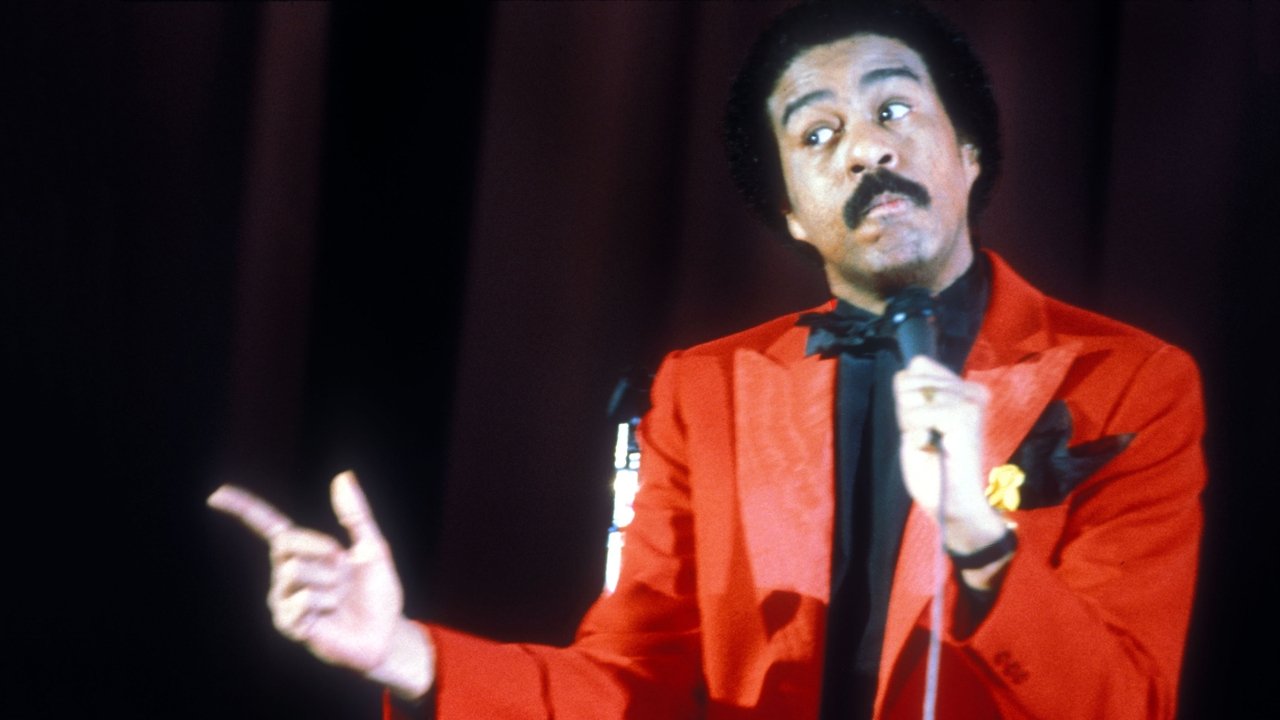
I Am Richard Pryor (2019)
The life story of Richard Pryor (1940-2005), the legendary performer and iconic social satirist who transcended racial and social barriers with his honest, irreverent and biting humor.

The life story of Richard Pryor (1940-2005), the legendary performer and iconic social satirist who transcended racial and social barriers with his honest, irreverent and biting humor.
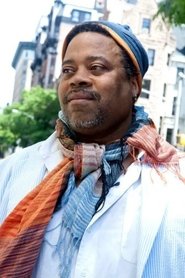 Greg TateSelf - Musician
Greg TateSelf - Musician Tiffany HaddishSelf - Actress and Comedian
Tiffany HaddishSelf - Actress and Comedian Rocco UrbisciSelf - Writer and Director
Rocco UrbisciSelf - Writer and Director Jennifer Lee PryorSelf - Wife
Jennifer Lee PryorSelf - Wife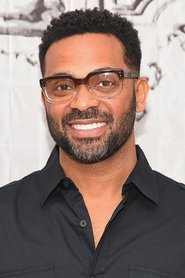 Mike EppsSelf - Actor and Comedian
Mike EppsSelf - Actor and Comedian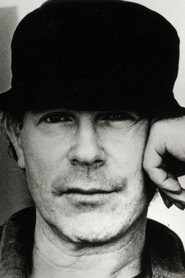 Henry JaglomSelf - Actor and Director
Henry JaglomSelf - Actor and Director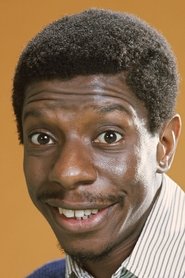 Jimmie WalkerSelf - Actor and Comedian
Jimmie WalkerSelf - Actor and Comedian Howie MandelSelf - Actor and Comedian
Howie MandelSelf - Actor and Comedian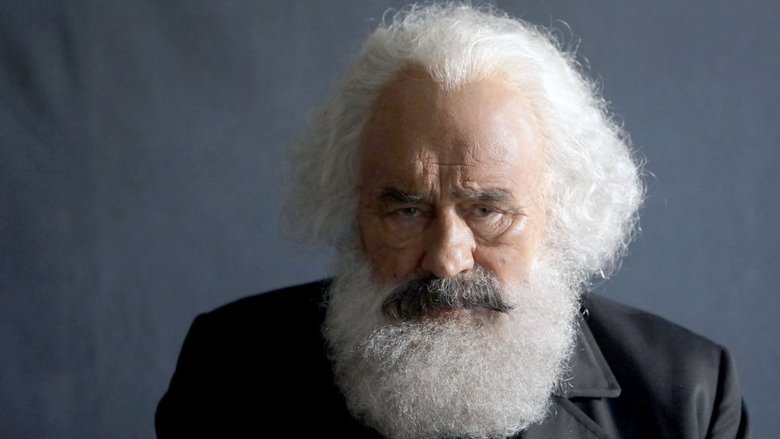
On the 200th anniversary of Karl Marx's birth, the docu-drama paints a multifaceted portrait of the most influential German thinker of modern times. The world-famous actor Mario Adorf embodies the equally contradictory and contradictory world spirit, in the dichotomy of prophetic confidence and fear of failure. An exciting cinematic journey through his life and work.
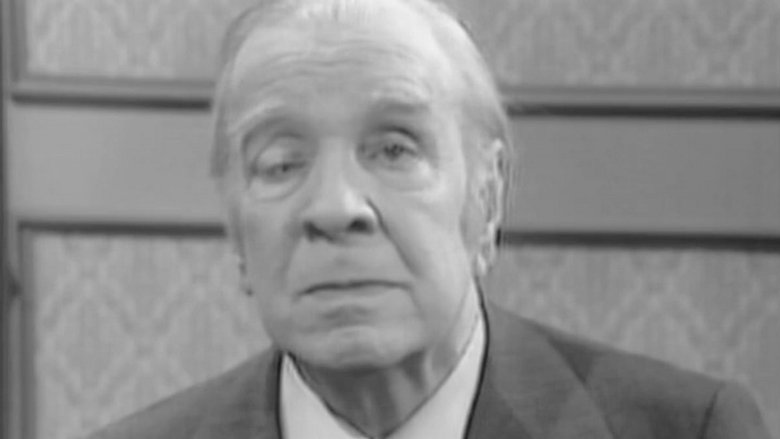
A fragmented biography, inconclusive, partial, of the brilliant Argentinian writer Jorge Luis Borges, based on different testimonies: his links with Leonor de Acedevo —his mother— and María Kodama —his second wife—; his vast culture and devout dedication to literature, his and that of others; his country: the politicians and the disloyal military. Borges gradually builds his own impersonation of Borges.
Max Amini’s hour-long stand-up special
Documentary covering Tovey's life and career up to his untimely death in 2002. It includes rare and unreleased tracks and live footage of legendary performances, as well as classic songs recorded both under his own name and his alter ego, Fad Gadget. Put together by Frank's family in conjunction with Mute, utilising the Mute and family archives, this collection features the very first Fad Gadget demos and footage of the reborn Fad Gadget supporting Depeche Mode in 2001.
Armando Iannucci presents a personal argument in praise of the genius of Charles Dickens. Through the prism of the author's most autobiographical novel, David Copperfield, Armando looks beyond Dickens - the national institution - and instead explores the qualities of Dickens's work that still make him one of the best British writers. While Dickens is often celebrated for his powerful depictions of Victorian England and his role as a social reformer, this programme foregrounds the elements of his writing which make him worth reading, as much for what he tells us about ourselves in the twenty-first century as our ancestors in the nineteenth. Armando argues that Dickens's remarkable use of language and his extraordinary gift for creating characters make him a startlingly experimental and psychologically penetrating writer who demands not just to be adapted for television but to be read and read again.

At the age of 34, former New Orleans Saints defensive back Steve Gleason was diagnosed with ALS and given a life expectancy of two to five years. Weeks later, Gleason found out his wife, Michel, was expecting their first child. A video journal that began as a gift for his unborn son expands to chronicle Steve’s determination to get his relationships in order, build a foundation to provide other ALS patients with purpose, and adapt to his declining physical condition—utilizing medical technologies that offer the means to live as fully as possible.
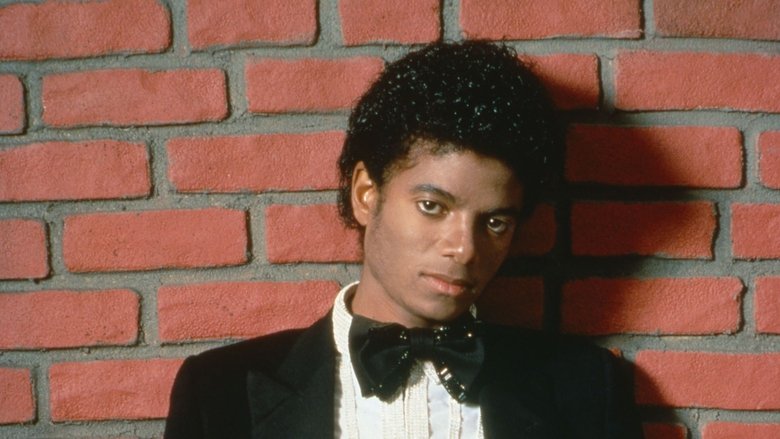
Director Spike Lee chronicles Michael Jackson's early rise to fame.
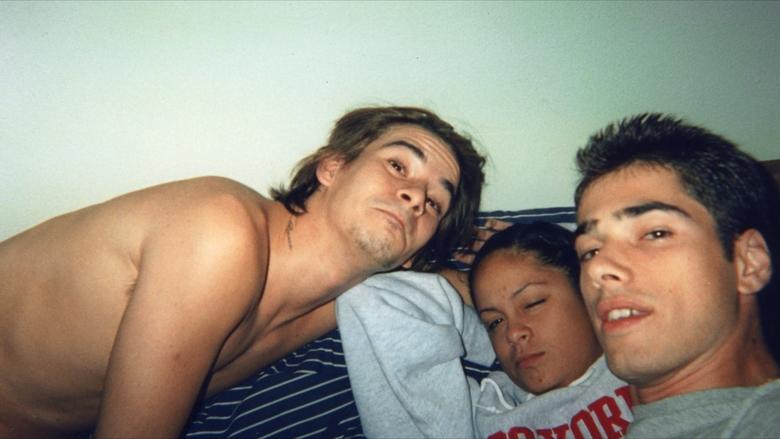
In the early nineties, before the massive gentrification of many of New York's then slums, several young people from very disparate backgrounds left their broken homes and ventured onto the brutal streets of the city. United by their love of skateboarding, they formed a family and built a unique lifestyle that eventually inspired Kids, a groundbreaking and outrageous film directed by photographer Larry Clark and released in 1995.

A kaleidoscopic portrait of the English actress and singer Jane Birkin, heroine of pop culture.

At the dawn of her retirement from the stage, Lise Dion takes a step back from her 35 years in the profession. Accompanied by figures who were important to her, she revisits with humor and nostalgia the significant moments that shaped her career.
The documentary tracks the diva's difficult progress as she emerges from the tough, testosterone-fuelled world of the big bands of the 30s and 40s, to fill nightclubs and saloons across the US in the 50s and early 60s as a force in her own right. Looking at the lives and careers of six individual singers (Billie Holiday, Ella Fitzgerald, Peggy Lee, Sarah Vaughan, Nina Simone and Annie Ross), the film not only talks to those who knew and worked with these queens of jazz, but also to contemporary singers who sit on the shoulders of these trailblazing talents without having to endure the pain and hardship it took for them to make their highly individual voices heard above the prejudice of mid-century America.
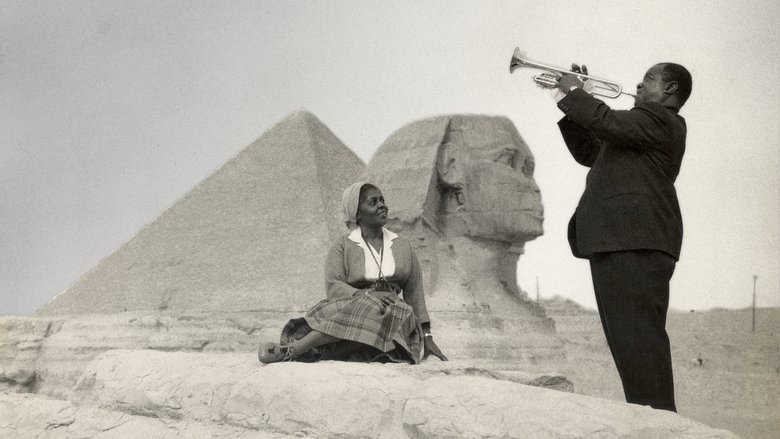
The Cold War and Civil Rights collide in this remarkable story of music, diplomacy and race. Beginning in 1955, when America asked its greatest jazz artists to travel the world as cultural ambassadors, Louis Armstrong, Dizzy Gillespie, Duke Ellington and their mixed-race band members, faced a painful dilemma: how could they represent a country that still practiced Jim Crow segregation?
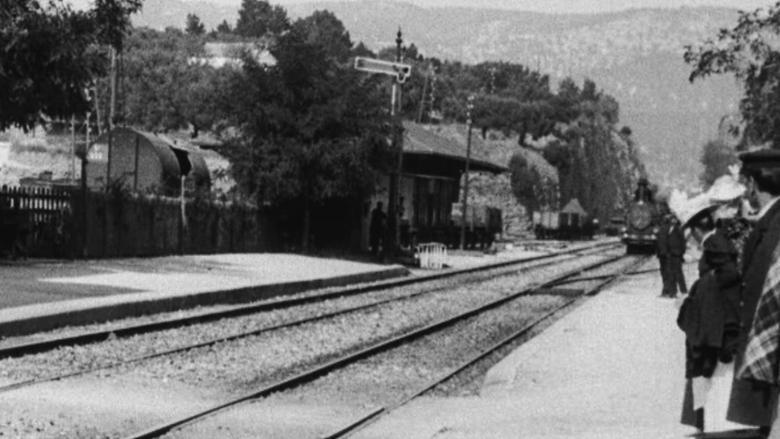
A group of people are standing along the platform of a railway station in La Ciotat, waiting for a train. One is seen coming, at some distance, and eventually stops at the platform. Doors of the railway-cars open and attendants help passengers off and on. Popular legend has it that, when this film was shown, the first-night audience fled the café in terror, fearing being run over by the "approaching" train. This legend has since been identified as promotional embellishment, though there is evidence to suggest that people were astounded at the capabilities of the Lumières' cinématographe.
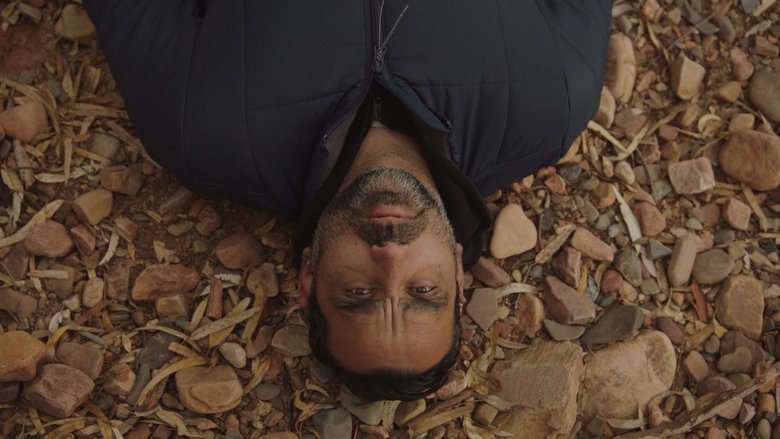
AFL legend Adam Goodes shares the story of his life and career to offer a deeper insight into race, identity, and belonging.
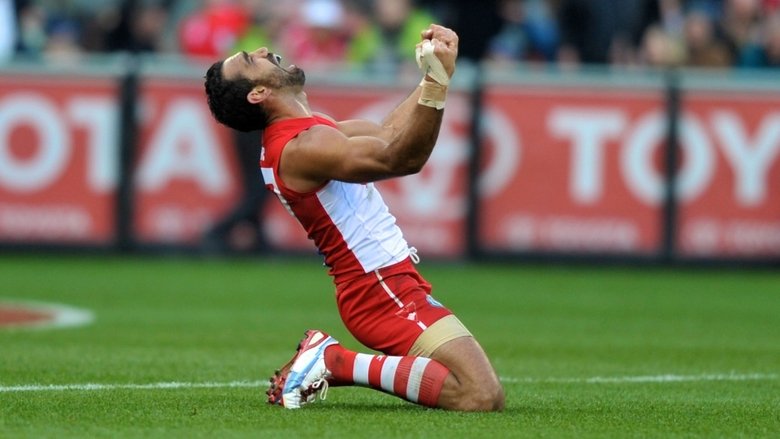
Australian documentary filmmaker Ian Darling re-examines the incidents that marked the final 3 years of Indigenous footballer Adam Goodes' playing career. Made entirely from archival footage, photos and interviews sourced from television, radio and newspapers, the film reviews the national conversation that took place over this period.
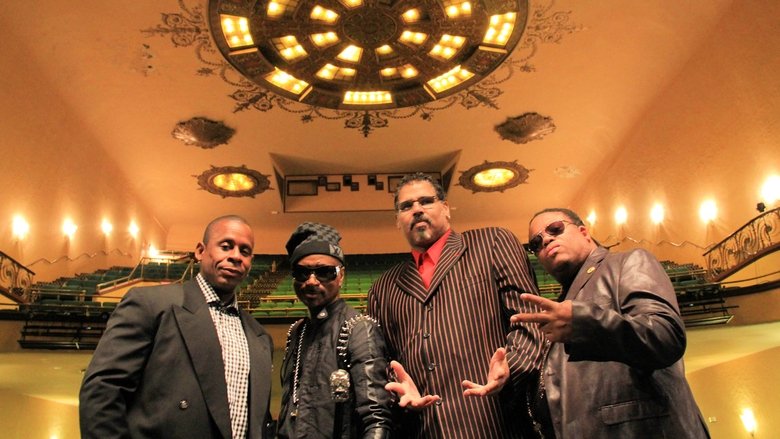
Thirty years after recording "Rapper's Delight," Master Gee & Wonder Mike come back to reclaim their identities and rightful place in Hip Hop history.
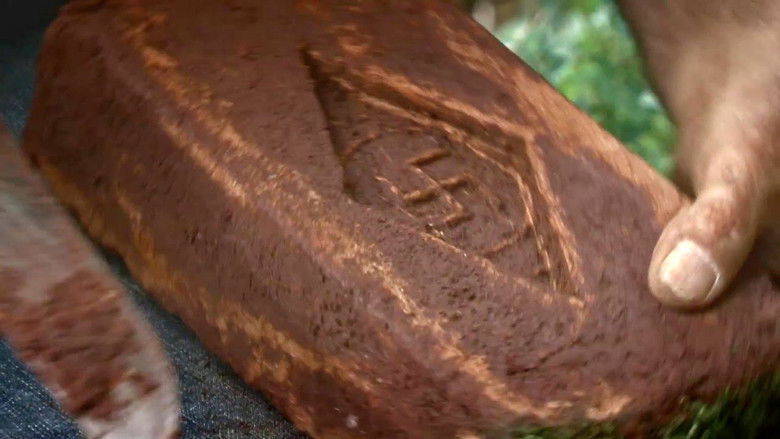
The film accompanies the investigation of the historian Sidney Aguilar after the discovery of bricks marked with Nazi swastikas in the interior of São Paulo. They then discover a horrifying fact that during the 1930s, fifty black and mullato boys were taken from an orphanage in Rio de Janeiro to the farm where the bricks were found. There they were identified by numbers and were submitted to slave labour by a family that was part of the political and economic elite of the country and who did not hide their Nazi sympathizing ideals.
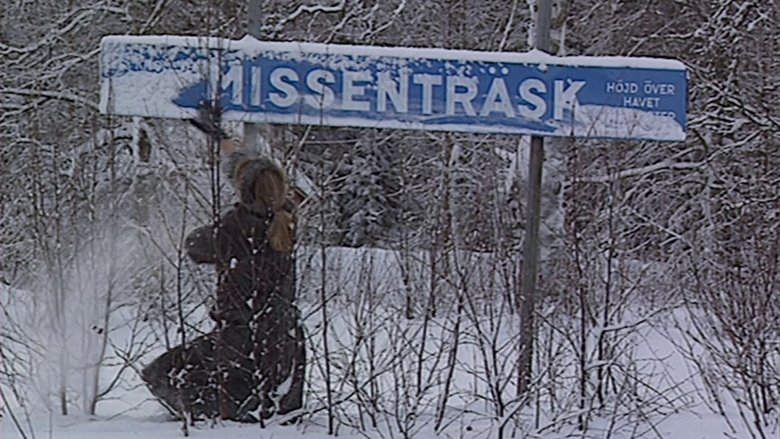
Portrait of the author Sara Lidman.
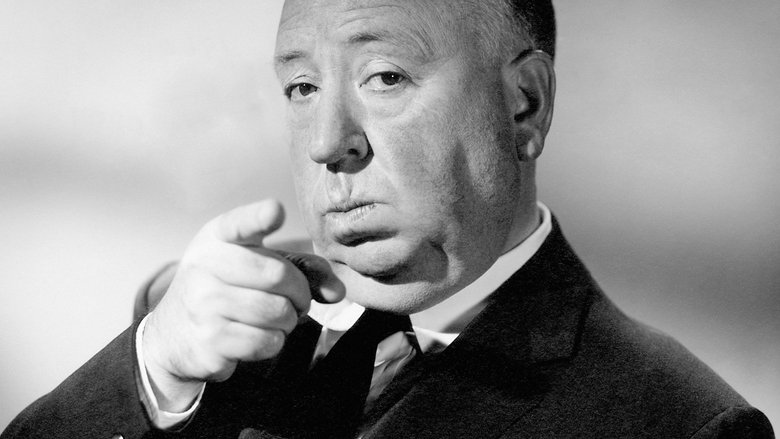
Interviews and archival footage weave together to tell the story of the Master of Suspense, one of the most influential and studied filmmakers in the history of cinema.

A retrospective of Chita Rivera's film, television and stage career, including interviews with Dick Van Dyke, Ben Vereen, Carol Lawrence and others. Originally aired as Episode 2 of Season 43 of the PBS series Great Performances.